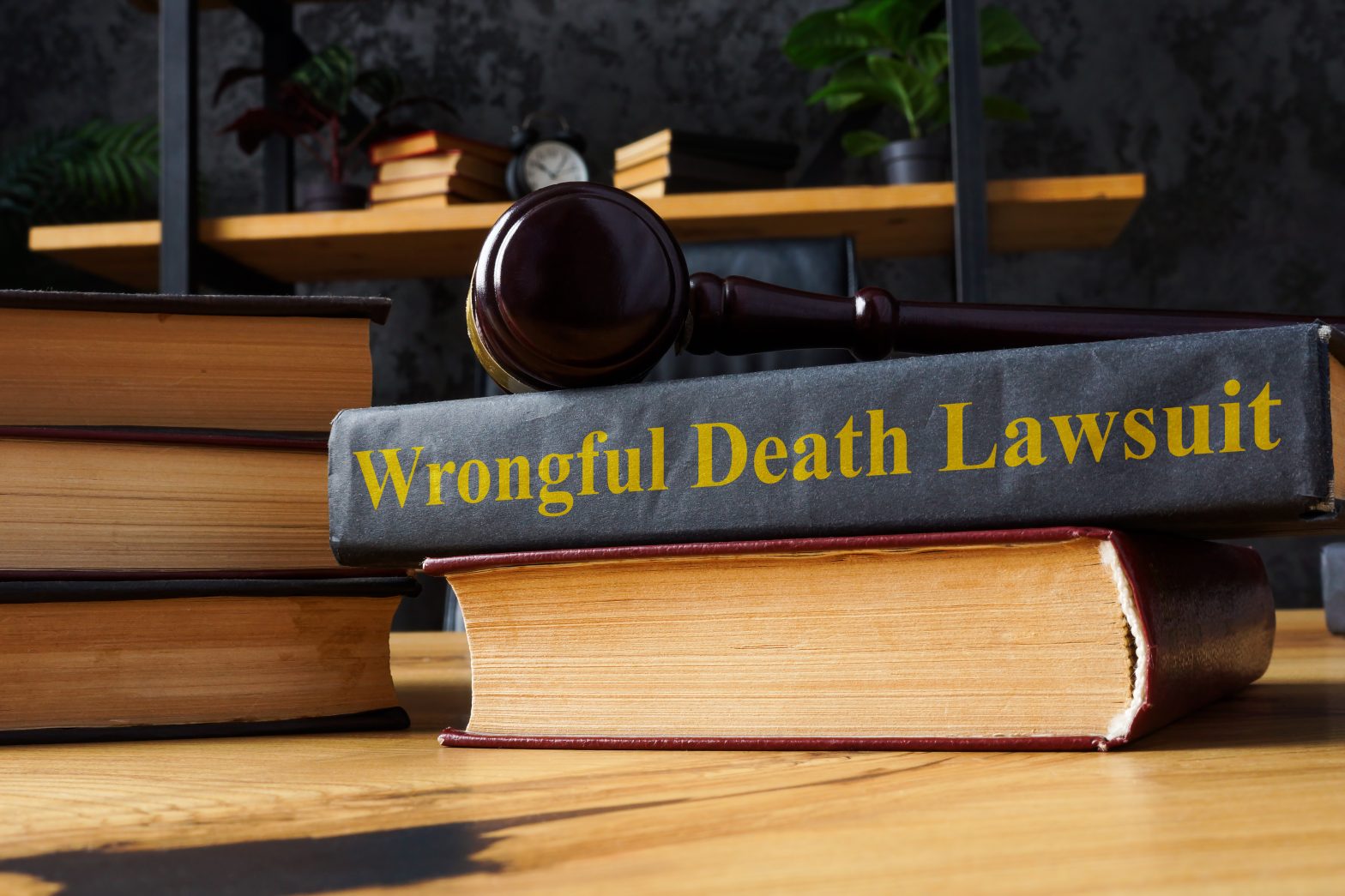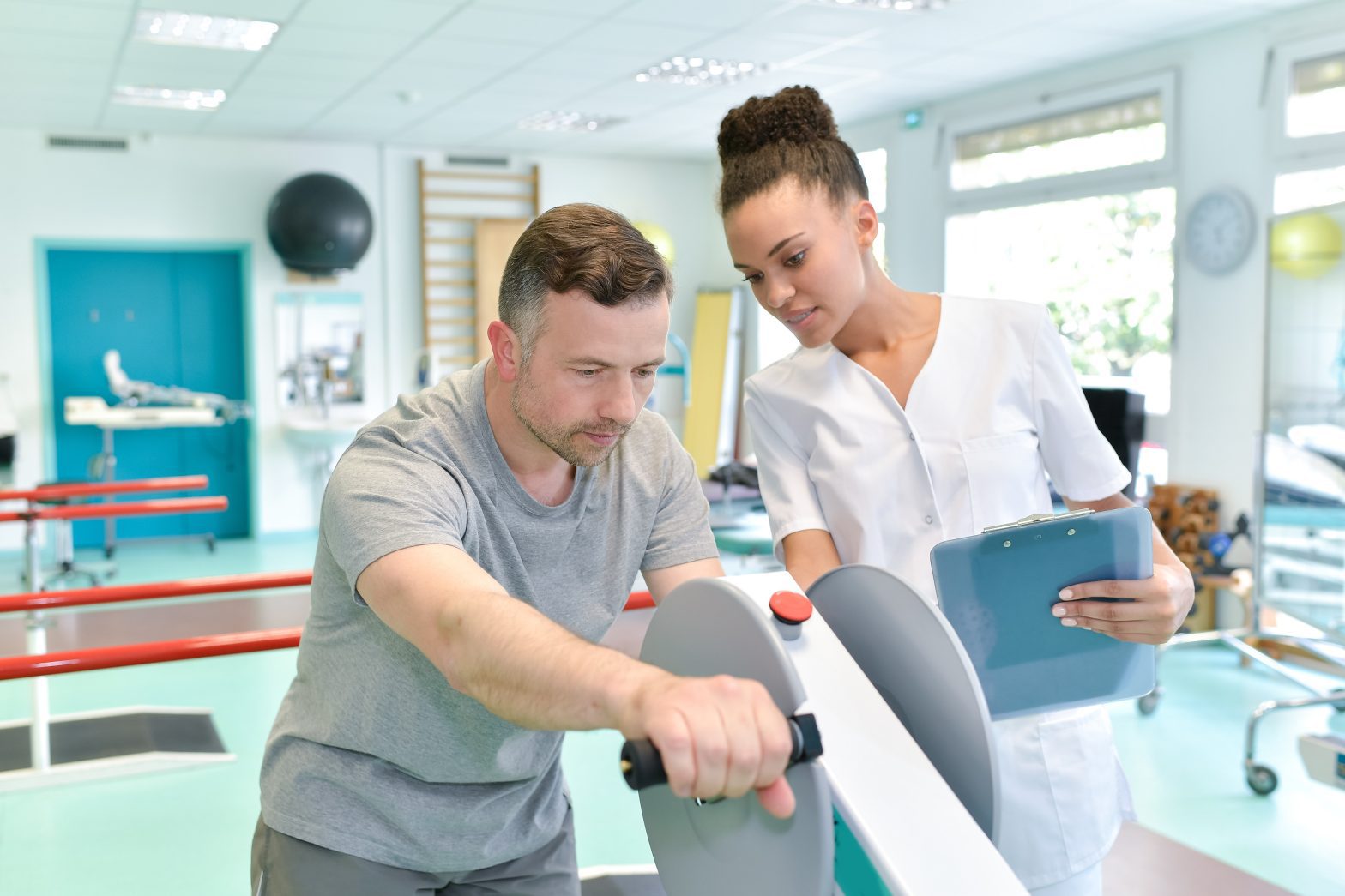What Types of Evidence Should I Document After an Accident?
Few moments in life are as chaotic as the aftermath of a car accident. You’re left shaken and unsure of what to do next. One of the most critical steps you can take is to collect evidence. This documentation not only strengthens your case if you decide to seek compensation but also protects your rights in dealing with insurance companies and other parties involved. Knowing which types of evidence to gather can make all the difference in seeking a fair outcome. Hampton Injury Law takes a close look at your situation and explores pathways to the compensation you need to move forward.
Key Types of Evidence to Collect
When documenting an accident, focus on gathering information to establish liability and present the extent of damages. The following evidence types are essential:
1. Photographs of the Scene
Visual evidence provides a clear, tangible depiction of the accident. Take pictures or videos of the crash site, vehicle damage, road conditions, skid marks, traffic signs and any visible injuries. Do so as soon as possible while maintaining your safety. Avoid altering the scene before collecting visual documentation. Ensure you capture multiple angles and close-up shots to create a comprehensive record. Consider including timestamps to date your photos.
2. Witness Statements
Witnesses can add credibility to your account of the accident by backing up your claims. If there are bystanders who saw what happened, politely ask for their contact information and confirm what they observed. Even their initial impressions can provide clarity in resolving disputes about fault. Write down their names, phone numbers and emails. If they’re willing, record their verbal account using your phone’s voice memo function.
3. Police Reports
Calling law enforcement to the scene and filing a police report is a crucial step. Police reports often include a neutral assessment of what happened, details about involved parties and information about citations or violations. Insurers and attorneys frequently rely on this documentation for their investigations. At the scene, the investigating officer will have the parties complete and exchange information using forms listing their name and insurance information.
Your or your attorney can later request a copy of the full crash report from the responding police department, and follow up to ensure all relevant details were included accurately.
4. Medical Records
Your injuries are central to your claim for compensation. Whether you suspect minor or severe injuries, seeking medical attention immediately after the accident is vital. It is useful to keep a detailed log of your symptoms and diagnoses, treatment plans, medications and follow-up appointments. Maintain a file with copies of medical documents you receive, including bills and receipts for related expenses like therapy or assistive devices. These records help to substantiate the physical, emotional and financial impact the accident has had on your life.
5. Accident-Related Documentation
Additional documentation can strengthen your case. This might include:
- Contact Information: Exchange names, phone numbers, insurance details and license plate numbers with other drivers involved.
- Damage Assessments: Obtain repair estimates for your vehicle or other damaged property.
- Emails or Texts: Save electronic communications with insurers or involved parties.
- Personal Notes: Write down your recollections of the accident, including weather conditions, the time of day and how the events unfolded.
Create a centralized folder—physical or digital—to keep all these records in one place.
Tips for Preserving Evidence
Properly collecting and storing evidence is essential to ensure it remains reliable and organized. Follow these tips:
- Avoid throwing away receipts or documents, even if they seem minor.
- Back up photos and digital evidence to cloud storage for added security.
- Preserve any electronic data recorder in your vehicle.
- Refrain from discussing accident details on social media, as it may harm your case.
Contact Hampton Injury Law for Guidance
Navigating an accident claim can be daunting, especially as you’re trying to recover physically and emotionally. At Hampton Injury Law, we are committed to being by your side every step of the way. Our experienced attorney understands the complexities of accident cases and will help you ensure all necessary evidence is properly documented and preserved. Contact us today for assistance. We’ll work tirelessly to seek the compensation you deserve.
Search
Categories
Archives
Reviews
Hampton Injury Law provides exceptional professionalism throughout the entire legal process. What a blessing for them to handle my accident case. If possible, I would rate them 10 stars!
B. R.
I was referred to this Law Firm and I'm so happy that I went with them. They were very attentive to every detail and kept me updated throughout the process. Tammy is awesome! I'm overjoyed with the final outcome. Great…
V. R.
They are the best!
Juan C.
Great service! This is my second time letting Hampton Injury Law handle my case. Very pleased both times. I do highly recommend them. Thank you!
Cornelia T.
Great services, definitely recommend.
Deshawn W.
Being a first timer to taking legal action after a car accident that was no fault of my own, I was cautiously optimistic what the results would be or what could even be gained from taking action. From the beginning…
Al
I was injured threw no fault of my own and chose Hampton injury Law to handle my case. From start to finish they were upfront, answered all questions and phone calls, they settled my case and I was very pleased.…
Stacy
By far, the most amazing law firm that I’ve ever experienced in the State of Virginia. Very effective when it comes to communication and provides amazing resources when in need. Made my whole accident process flawless. Will definitely recommend to…
Miranda
So glad that I went here for my needs. They are great at what they do and delivered for me right on time.
Marquis
Awesome lawyer he got me lesser charges and also low court cost I would definitely go back to him again
Kelly
Great lawyer and straight to the point
Dom
Mr. Hoen is amazing. I cannot thank them enough. They took the struggle of dealing with insurance company's and their minions and I could concentrate on home, family and work! 1000 percent recommended to take the headaches away!
Jennifer G.
Very helpful and made this process easy. Thank you.
Linda G.
Excellent services, will surely recommend!
Ayodeji O.
Excellent service. Provided quick information and explained all the information. I would definitely recommend the services of Hampton Injury Law.
Nikita M.
Great service to resolve my claim with an insurance company. I highly recommend Hampton Injury Law!
Dennis H.
The staff at this firm is extraordinary. Everyone at this office welcomed me with open arms. It is truly a family-oriented firm. God Bless you all. Love you all.
Edwina C.
I am so thankful for the professionalism and quick actions to get the case settled. I never felt out of the loop. Great office, will definitely be getting referrals from me. Thanks, Mr. Hoen & Staff!
Michelle J.
Mr. Hoen and his staff were very helpful during my unfortunate event, and for that, I can't thank them enough.
Ashley W.
Great work!
Bobby W.
I was really pleased with the handling of my case.
Corey J.
I would refer Mr. Hoen to anyone. Very pleased with the communication and would give a great review.
Juanita M.
My experience was outstanding. And everything was done in a very timely manner. 5 stars!
Tim T.
All was handled so efficiently and professionally, I would highly recommend.
Jennifer M.
Jan Hoen was fantastic and helped me with my first major accident!
Kari S.
I am very pleased with Lawyer Hoen representing me. Happy I picked a very qualified and nice person.
Carrie T.
Very helpful, didn't fail to answer questions.
Taela T.
Wonderful personnel and extremely helpful in a time of need. 100% recommended.
Jennifer G
He represented me flawlessly. I was in front of the judge and he showed me papers as to what to mention and pointed at them to remind me to speak of them and stated the best facts. He spoke highly…
Kyle
Very professional, always kind.
Sylvia S.
Everyone in the office was excellent. I would recommend their services.
Tonya G
Wonderful communication and support. Thank you for your help.
Kyong L
Thank you so much!
Devohn F.
Great service!!!
Devin A.
Great work and thank you very much!
Elizabeth G.
Great service and outstanding friendliness! I would recommend this firm to anyone.
Michael C.
Excellent service and attention!
Leslie F.
It has been a pleasure to work with Attorney Hoen, and I will give my recommendations.
Orimolade O.
Friendly, professional staff. Thank you for the representation.
Joe G.
Great experience for my first time using an attorney.
Kim D.
I sincerely appreciate the professionalism provided by this office! Definitely made this process less stressful.
Shaniqua W.
Very pleasant process all the way through. I was informed of everything in a timely manner, and everything was explained to me, including other options.
Joan M.
Thank you for the service. You're the best!
Sheena J.
Thank you for always being honest, giving the best advice, and having my interests at the forefront.
Lynette F.
Professional, effective & courteous representation.
Alan B.
Thanks! Job well done!
Harry G.
Great service, thank you!
Keon D.
Excellent and prompt service. Great communication.
Monica R.
Always an excellent and harmless experience.
Philip M.
Very helpful and was always available when I needed their time.
Sharron M
Very good attorney. He got the job done! Very excellent. Staff is great, too!!
Blondenia T.
Hands down the best experience I've ever had with any law firm. Highly recommended!
Brandon W.
Very nice to work with and communication has never been a problem.
Demonte H.
I would recommend this law firm.
Jeffrey J.
Awesome lawyers and fast!
Tonee O.
They took care of me and got me way more than I expected!! I'll definitely use them again!
U.L.
Thankful for ALL of you!
Adrian B.
Awesome service. Thanks!
Margaret J.
I found them to be very helpful with good communication.
Charisse H.
This is my second encounter with my lawyer. Each time I have received excellent service.
Gloria S.
Excellent service! Thank you!
Amy C.
Superior legal representation! Thanks!
Michael R.
Thank you so much for helping me to get back to my old life—the happy me.
Dezanara
Thanks, Hampton Injury!
Keith P.
The entire time I needed services, Mr. Hoen answered any questions, calls & emails fast and honestly!
Laura K.
Marro B.
Great experience! Thank you for being helpful!
Gabrielle G.
Amazing job! Thank you!
Andrew C.
Thanks!
Barry J.
Great experience, thanks!
Marro B.
Most honest and humble attorney ever. I appreciate your hard work!
Elizabeth K.
Thank you for all your help! They handled my case professionally. I highly recommend!
Katherine K.
Chelsy D
Everyone was very helpful and made this process very smooth. I recommend Jan Hoen from Hampton Injury Law.
Nicole T.
Great law firm.
Tyrone E
Very easy to work with and made the process quick and easy.
Malik C
Mr. Hoen and his staff were very responsible. They helped me with everything I needed. I recommend the services of Hampton Injury Law.
Kacey L.
I give Hampton Injury Law five stars. The staff was great, and they helped me with my case.
Rashad M
Mr. Hoen and his staff helped me very much with my legal issue. I highly recommend the services of Hampton Injury Law if you need legal representation.
Eun K
Mr. Hoen is a great attorney, and I would recommend him to anyone. Anytime I had a question, he would reassure me and answer my questions. The staff is very friendly and helpful. After all my daughter and I had…
Cynthia W.
Attorney Hoen is very professional and easy to deal with. He worked hard on our cases and was successful in winning for us. I highly recommend him.
Donna
I have used Mr. Hoen’s services on two occasions, and on both occasions, his services were superb! He was able anytime I needed and always eager to answer any questions I had. He also was very compassionate towards my situation…
Eddie W.
Although I have hired Mr. Hoen to handle a legal matter for me personally in the past, I most often work with him through my patients. I have had many opportunities to see how he handles issues that arise for…
Dr. K.
He will not “just settle," he goes after what he wants and gets it usually. His legal skills, coupled with his humanitarian skills, are what make him so successful. I wish you only success in your new endeavor and wish…
Edna
I can honestly recommend Mr. Hoen and his staff. Any questions you have get answered very professionally, and everybody is very kind. Mr. Hoen goes the extra mile to get you what you deserve. I hope I don't need a…
Brigitte T.
I have worked with Jan as a fellow personal injury attorney in the area for many years. He is very good, well respected, and takes care of his clients. Even though he is a competitor, I do not hesitate to…
Linda W.
Jan Hoen represented my husband and me when a careless driver hit us, and we found him to be very knowledgeable and extremely helpful. Our son also won a personal injury case with Jan Hoen representing him. This is his…
D C.
You May Also Like Other Posts
Contact Us
Free and
No-Obligation
Case Evaluation
In Person, Virtual, or Phone
757-838-1136
se habla español
se habla español
Free Consultation
Do you have a question about your legal matters?
Receive a free consultation by filling out the form below.
*2022 settlement: Virginia Lawyers Weekly January 30, 2023 edition
Attorney Advertising. This information is designed for general information only. The information presented should not be construed to be formal legal advice nor the formation of a lawyer/client relationship. Past results and testimonials are not a guarantee, warranty, or prediction of the outcome of your case, and should not be construed as such. Past results cannot guarantee future performance. Any result in a single case is not meant to create an expectation of similar results in future matters because each case involves many different factors, therefore, results will differ on a case-by-case basis. By providing contact information, users acknowledge and give explicit consent to be contacted via the methods of communication provided, including SMS. Message and data rates may apply. Message frequency may vary. Reply STOP to opt out.
NUVEW | Copyright 2025 Website. All Rights Reserved | Accessibility Notice | Privacy Policy




















